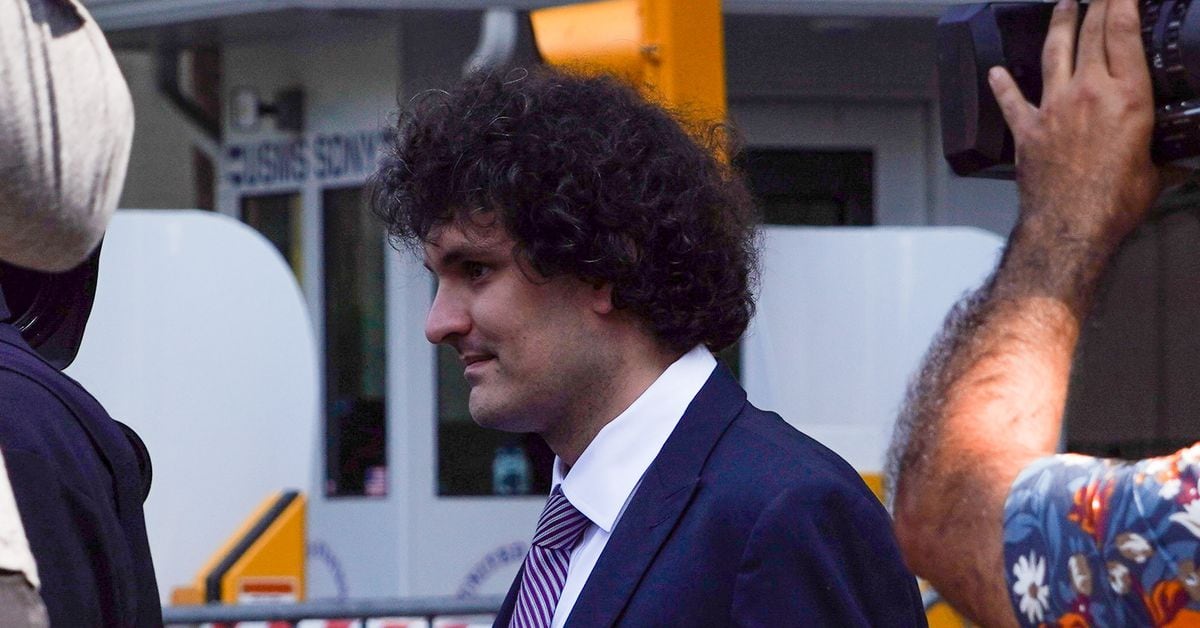
In a recent ruling by Judge Lewis Kaplan of the Southern District of New York, it has been determined that Sam Bankman-Fried’s defense team can question Department of Justice (DOJ) witnesses about their recreational drug use during the upcoming fraud trial. The judge resolved several pretrial motions in a 16-page order on Tuesday, allowing the DOJ to admit certain evidence while also denying their motions to block the defense’s cross-examination on privileged issues.
However, the defense team is prohibited from introducing the subject of recreational drug use in the presence of the jury without prior notice to the Court and the government. This ruling opens up an avenue for Bankman-Fried’s lawyers to potentially challenge the credibility and perception of the DOJ witnesses by delving into their recreational drug use history.
Judge Kaplan also permitted the DOJ to present evidence suggesting that Bankman-Fried not only created the FTT token but also directed Alameda to hold a significant amount of it while supporting market manipulation. This evidence linking Bankman-Fried to alleged manipulation of cryptocurrency tokens and his influence on Alameda’s balance sheet was deemed relevant to the case and admissible in court.
The judge acknowledged that some issues raised during the trial may have prejudicial impacts on the jury. He suggested that addressing these potential biases could be achieved through a jury instruction, which he expressed willingness to entertain if requested. This indicates the judge’s commitment to maintaining a fair trial and minimizing undue influences on the jury’s decision-making process.
However, there are still unresolved matters. Judge Kaplan declined to rule on the defense’s motion to introduce evidence regarding Bankman-Fried’s use of autodeletion policies on messaging apps. The defense claims that this practice was directed by Bankman-Fried’s former lawyers, suggesting it was not an intentional act to obstruct justice. Additionally, the judge denied a DOJ motion to admit certain out-of-court statements from witnesses, emphasizing the need for specific details regarding these statements before making a ruling.
The fraud trial, which revolves around allegations of market manipulation and Bankman-Fried’s involvement in the creation of the FTT token, is scheduled to commence on October 3. This ruling sets the stage for an interesting legal battle, as Bankman-Fried’s defense team seeks to challenge the credibility of DOJ witnesses through questioning their recreational drug use, while the prosecution aims to establish a strong case against the FTX founder. As the trial unfolds, it will be crucial to observe how these legal strategies shape the outcome of the proceedings and impact the perception of the parties involved.






